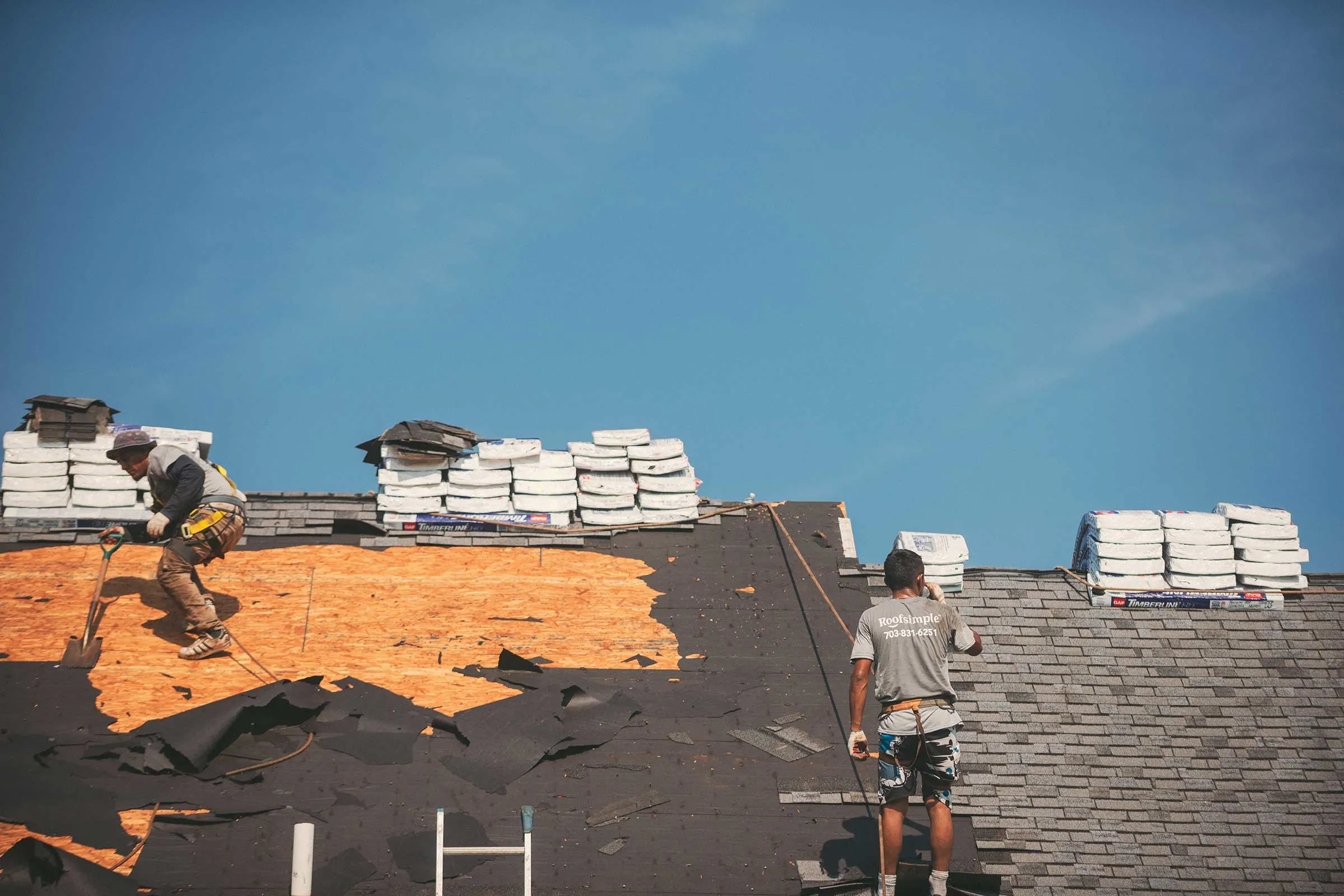When it comes to roofing solutions that seamlessly blend innovation, durability, and sustainability, IB PVC roofing stands tall as a pioneering choice. In the ever-evolving realm of roofing materials, IB PVC has emerged as a versatile and reliable option that caters to both residential and commercial needs. Its acronym stands for “Insulated Bending Polyvinyl Chloride,” and it represents a modern approach to roofing that transcends traditional expectations.
Gone are the days when roofing was merely a functional necessity; today, it’s an integral component of a building’s aesthetics, energy efficiency, and overall sustainability. IB PVC roofing not only meets these contemporary demands but exceeds them with its exceptional attributes. In this comprehensive guide, we will delve into the world of IB PVC roofing, exploring its benefits, installation process, maintenance requirements, and the reasons why it has gained a reputation as a game-changer in the roofing industry. Whether you’re a homeowner contemplating a roof replacement or a contractor seeking innovative solutions, join us as we uncover the features that make IB PVC roofing a top contender in the roofing market.
IB Pvc roofing Unique Installation Method

IB PVC roofing boasts a unique installation method that sets it apart from traditional roofing systems. This innovative approach combines cutting-edge technology with efficient techniques to create a seamless, watertight, and long-lasting roofing solution. Let’s take a closer look at the distinctive installation process that makes IB PVC roofing stand out.
Unlike conventional roofing materials that rely on multiple seams and joints, IB PVC roofing is installed using a heat-welding technique. This involves using specialized hot air welding equipment to fuse the PVC membranes together, creating an uninterrupted and monolithic surface. The heat welding process not only ensures an airtight and watertight seal but also eliminates the need for adhesives or solvents, making it an environmentally friendly choice.
One of the key advantages of the heat-welding method is its ability to withstand the test of time and the elements. The welded seams are incredibly strong and durable, making them highly resistant to leaks, cracks, and separation. This exceptional durability translates to a longer lifespan for the roofing system, reducing the need for frequent repairs or replacements.
Moreover, the absence of chemical adhesives or solvents in the installation process contributes to improved indoor air quality during and after installation. This makes IB PVC roofing a suitable choice for various settings, including residential homes, schools, hospitals, and commercial spaces.
The unique installation method of IB PVC roofing not only ensures exceptional performance but also speeds up the installation process. With fewer steps and materials involved, contractors can complete projects more efficiently, saving time and labor costs. Additionally, the reduced maintenance requirements over the years make IB PVC roofing a cost-effective and hassle-free option in the long run.
What is the best PVC material for roofing?

When it comes to PVC (polyvinyl chloride) materials for roofing, it’s important to consider several factors to determine the best option for your specific needs. Here are some key qualities to look for when evaluating PVC materials for roofing:
Thickness and Durability: PVC roofing materials come in various thicknesses, typically measured in mils (thousandths of an inch). Thicker membranes tend to be more durable and resistant to punctures, tears, and other damage. Look for PVC membranes with a thickness that suits the climate and conditions of your region.
UV Resistance: A high-quality PVC roofing material should have excellent UV resistance. This ensures that the material won’t degrade or become brittle over time due to exposure to sunlight.
Heat-Welding Compatibility: The ability to heat-weld PVC membranes is a crucial feature for ensuring a watertight installation. The material should be designed to withstand the heat-welding process without compromising its integrity.
Flexibility: A good PVC roofing material should be flexible enough to accommodate the movement of the building due to temperature changes or settling. This flexibility helps prevent cracks and leaks over time.
Chemical Resistance: PVC roofing should be resistant to chemicals, pollutants, and other environmental factors that might come into contact with the roof.
Fire Resistance: Fire-resistant PVC roofing materials offer an added layer of safety to your building.
Energy Efficiency: Some PVC roofing materials are designed with reflective properties that help reduce heat absorption, leading to improved energy efficiency and lower cooling costs.
Warranty: Reputable PVC roofing manufacturers often offer warranties that reflect their confidence in the material’s performance. A strong warranty can be an indicator of a high-quality product.
Certifications and Standards: Look for PVC roofing materials that meet industry standards and certifications for quality, such as ASTM (American Society for Testing and Materials) standards.
There are two popular types of PVC roofing:
PVC Thermoplastic Olefin (TPO) Roofing: TPO roofing combines PVC with other materials to create a flexible and durable membrane. TPO roofs are known for their energy efficiency, as they often have reflective properties that help reduce heat absorption.
PVC Roofing Membranes: are durable, seamless sheets used in roofing installations. Heat-welded for watertightness, they offer longevity, chemical resistance, and a strong defense against the elements, making them a reliable choice for various roofing needs.
Ultimately, the “best” PVC roofing material will depend on your specific needs, climate, budget, and the expertise of your roofing contractor. It’s advisable to work closely with roofing professionals who can guide you in selecting the most suitable PVC material for your roofing project.


whoah this blog is wonderful i love reading your posts. Keep up the good work! You know, many people are hunting around for this info, you could aid them greatly.
Hello Thanks
We are doing link exchange on our website if interested in link exchange let us know so that we can get more traffic to both our websites which will benefit you and me too.
I will wait for your reply
BH